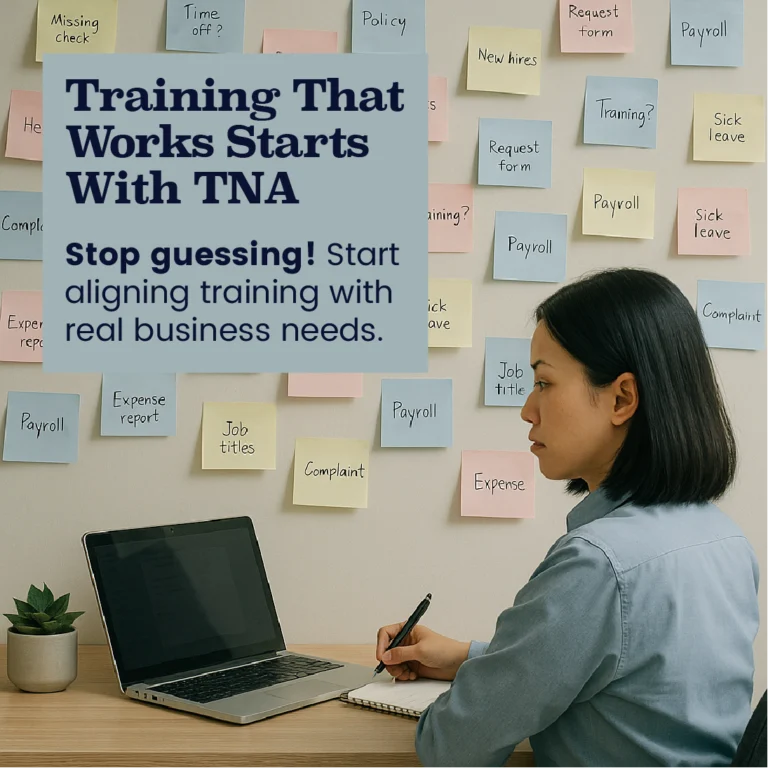Nearly every professional uses Excel. Few truly harness its full potential.
You probably know how to:
- Input data
- Create basic tables
- Use simple formulas like SUM, IF, or maybe VLOOKUP
That gets the job done. But only just.
While you are manually updating reports, fixing broken formulas, or copying data across sheets, someone else is doing all of that automatically.
With cleaner dashboards.
Fewer clicks.
And far less time wasted.
You Are Likely Using Only 20 Percent of Excel’s Potential
Excel is not just a digital table. It is a powerful data engine that, when used effectively, becomes a strategic asset.
Here is what many professionals are missing out on:
- Pivot Tables to summarise large datasets in seconds
- Conditional Logic that highlights hidden trends
- Power Query for cleaning up repeated or messy data from multiple sources
- Dynamic Dashboards that update in real time
- Data Models that connect multiple tables for integrated analysis
- Macros to automate repetitive weekly tasks
These features are not reserved for data analysts. They are practical tools that every department can benefit from, including HR, finance, sales, and operations.
Why So Many Professionals Are Stuck at the Basics
It is not due to a lack of effort. It is due to how Excel is learned.
- Most people were never formally taught beyond the basics
- They learned just enough to get by
- Over time, they avoided going deeper because it felt overwhelming
But here is the truth:
You do not need to master everything.
You just need to get more comfortable with what matters for your role.
What Changes When You Move Beyond the Basics?
Let us consider a simple scenario.
If you spend four hours every week manually updating a report, that adds up to more than 200 hours a year.
Now imagine automating that report using Power Query. Suddenly, it takes just ten minutes a week.
That is not just efficiency. That is transformation.
The more Excel does for you, the more time you reclaim for strategic thinking, analysis, and problem-solving. Less time formatting cells, more time driving results.
Everyone Uses Excel. Few Use It Strategically.
In most organisations, spreadsheets are at the heart of how work gets done. HR tracks payroll and leave. Finance manages budgets. Admin teams coordinate resources. Sales and marketing plan their campaigns.
The difference between teams that are overwhelmed and those that are efficient often comes down to one thing: technical confidence.
If you feel like your Excel skills have plateaued, now is the time to level up. You do not need to become an Excel wizard. But you do need to go beyond the basics.
The Way Forward: Equip Yourself for the Work You Are Already Doing
Excel is not going away. In fact, it is becoming even more central to how modern businesses operate.
If you are:
- Still updating reports manually
- Unsure about formulas
- Avoiding dashboards because they seem “too advanced”
Then you are likely doing more work than necessary. And that is not sustainable.
It is time to build smarter habits with the tool you already use. Because Excel is not just about numbers. It is about control, clarity, and capability.









